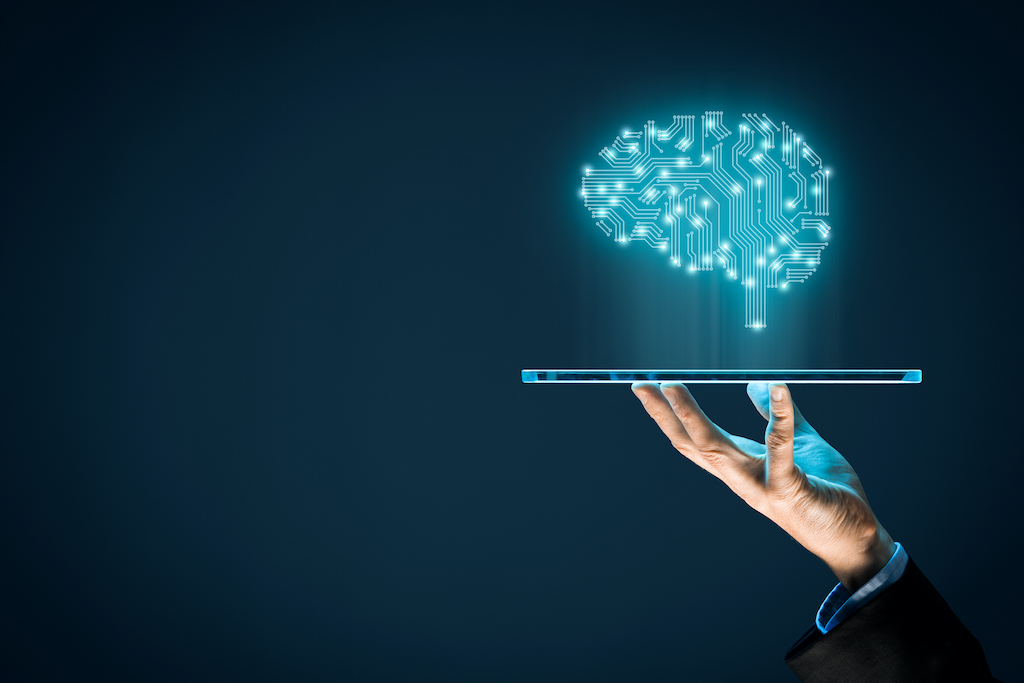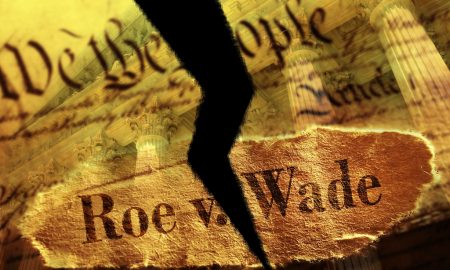
Artificial Intelligence (AI) has witnessed a remarkable surge in prominence and applicability across various industries. From automated customer service chatbots to self-driving cars, AI has the potential to revolutionize the way we live and work. However, as AI continues to advance, it also raises significant legal concerns and potential areas for lawsuits. Here is the emerging landscape of potential lawsuits surrounding AI technology and highlights key areas of legal scrutiny:
Data Privacy and Security
AI systems heavily rely on vast amounts of data to train and operate effectively. Concerns surrounding data privacy and security have become a focal point, leading to potential lawsuits. Instances of data breaches or unauthorized use of personal information by AI systems can result in legal actions based on privacy laws, such as the General Data Protection Regulation (GDPR) in the European Union or the California Consumer Privacy Act (CCPA) in the United States.
Discrimination Bias
AI algorithms can inadvertently perpetuate biases and discrimination, particularly when trained on biased or incomplete datasets. This raises significant ethical and legal concerns. Discriminatory outcomes in areas such as hiring practices, lending decisions, or criminal justice systems can lead to lawsuits based on claims of unlawful discrimination. Companies utilizing AI must ensure that their algorithms are fair, transparent, and free from discriminatory effects.
Intellectual Property
AI’s potential to create and generate innovative works raises complex questions regarding intellectual property rights. In cases where AI systems create original content or inventions, disputes may arise over ownership and copyright. For instance, determining whether AI-generated artwork should be credited to the creator or the AI system itself could spark legal battles over intellectual property rights and royalties.
Product Liability
As AI technology integrates into physical products such as autonomous vehicles or medical devices, concerns regarding product liability come into play. If an AI-powered product malfunctions and causes harm or damage, determining liability becomes a complex issue. Manufacturers and developers may face lawsuits if their AI systems are found to be faulty, inadequately tested, or lacking appropriate safety measures.
Ethical Considerations
AI technology poses intricate ethical dilemmas that may result in legal consequences. For example, the use of AI in autonomous weapons or surveillance systems raises questions about accountability, human rights, and potential violations of international law. Legal challenges may arise in cases where AI is used unethically or in violation of established ethical frameworks.
























